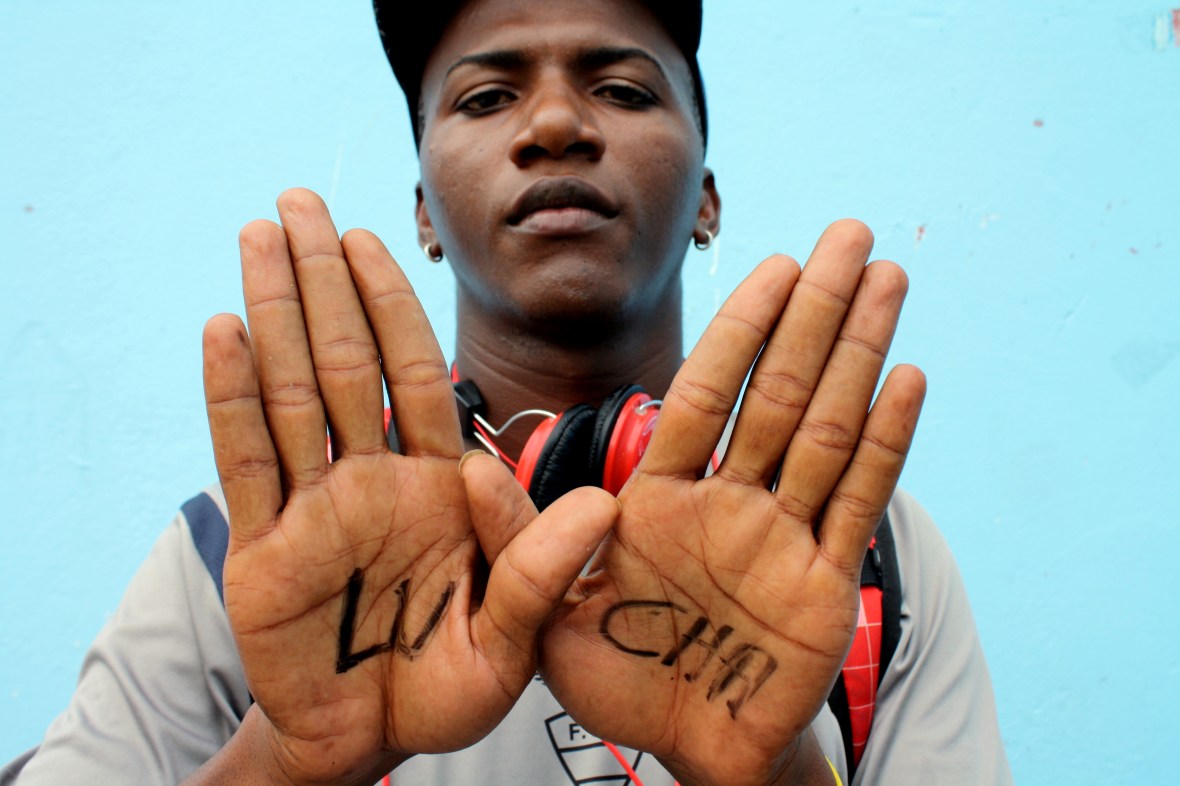When you start a journey, a 100 voices journey, to collect stories of people you have never met, whose homes you have never visited, and whose deepest thoughts you cannot even imagine, you wonder how the first voice will be distinguishable from the others.
I arrived to Ecuador a few days ago to conduct the first phase of the 100 Voices research project, focusing on Afro-Ecuadorian youth to explore perspectives and themes of identity and community throughout the province of Esmeralda. At this point, having access to the potential participant groups has been the most challenging aspect. In fact, we are a few days behind from implementing the predesigned curriculum because it is not as easy as simply tallying up numbers (15 is the intended goal per community) and directing clear and singular profiles, conversations, stories, or say voices. I have been slowly acclimating to the fact that many of the voices here are intertwined, interrupting each other, shadowing each other, playing improvisation, and hard to hear. How does an outsider, like me, who is ostensibly coming from an objective standpoint, add their own “directive” voice to a sea of muffled voices?
Suddenly I remember Recrear’s dearest mandate: dialogue. This reassures me and I remind myself that dialogue simply requires that one party take the initiative. This is what we have accomplished so far, Kirsten and I have begun making contacts, visiting the neighborhoods, and dialoguing. Communication is an art, from the speed of exactitude, to unsaid things, to the expectations left ringing in the air. It is particularly hard to find a common ground when reference points are in the horizon and when intentions are still in the cooking pot. At certain moments, however, your words, your stance, your vibe, your tone, will serve as a needle to pierce through the transparent bubble of appearances (race, sex, class, personality) and communication happens. Dialogue flourishes and voices are no longer distinct but rather dancing in accord. I am not referring to agreement or to a perfect manner of communicating, but rather a deliberate effort and this is what Recrear strives to do.
In developed nations, communicating is largely confused for transactions between individuals and the art goes missing. During the first five days of our 4 month long journey, we have had a million setbacks and communicating like we usually do in “developed” communities, would not have worked.
During our dialoguing, we asked our first contacts, the first voices, to describe in one word or phrase what Esmeraldas means to them. We received a range of answers (will share these later) and asked the participants to write on their body their responses to be photographed. Below is the picture of one of the participants who wrote the word LUCHA “struggle” and I asked him what the word struggle meant to him. Mario’s response spoke to the every day struggle to be a good person– he spoke for all the voices we have in our hearts that we cannot and have not learned to distinguish as the first or last. 
– Valerie